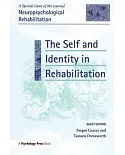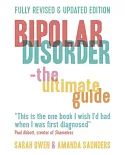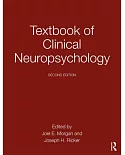This casebook offers fifteen lively cases that illustrate a wide range of specific DSM-IV diagnoses covered in the abnormal psychology course. These cases integrate issues of racial and gender
diversity and provide insight into the lives of people suffering from a variety of psychological disorders, highlighting how psychological distress is experienced and treated in real life. Each
case follows a similar pattern to aid reader comprehension. An Introduction describes the problems in the person's life, or the catalyst bringing him or her into therapy. A
Psychosocial History offers childhood and other relevant background data to provide a context for the disorder. The Conceptualization section offers the rationale for the
diagnosis and the Treatment section then outlines the appropriate psychotherapy as well as any other treatments such as medication or group therapy. The Discussion section
highlights interesting aspects of the case, presents relevant research, and examines various theoretical perspectives on treatment. Finally, the Prognosis section covers reasonable
expectations of what the future might hold for this person. Critical Thinking Questions are posed at the end of each chapter. Gender and cultural diversity are highlighted among both
clients and psychotherapists with important cultural issues woven throughout the cases. The cases themselves feature people from a variety of backgrounds and heritages, the impact of
sociocultural factors on the experience or prevalence of a disorder is often discussed, as well as how treatment is affected when the client and therapist come from different ethnic
backgrounds. This casebook also features diverse theoretical orientations that drive treatment. Treatment outcomes are diverse and realistic and span from short to long-term. Most are designed
as ideal interventions, but some are influenced by economic concerns and changing models of available services.





















